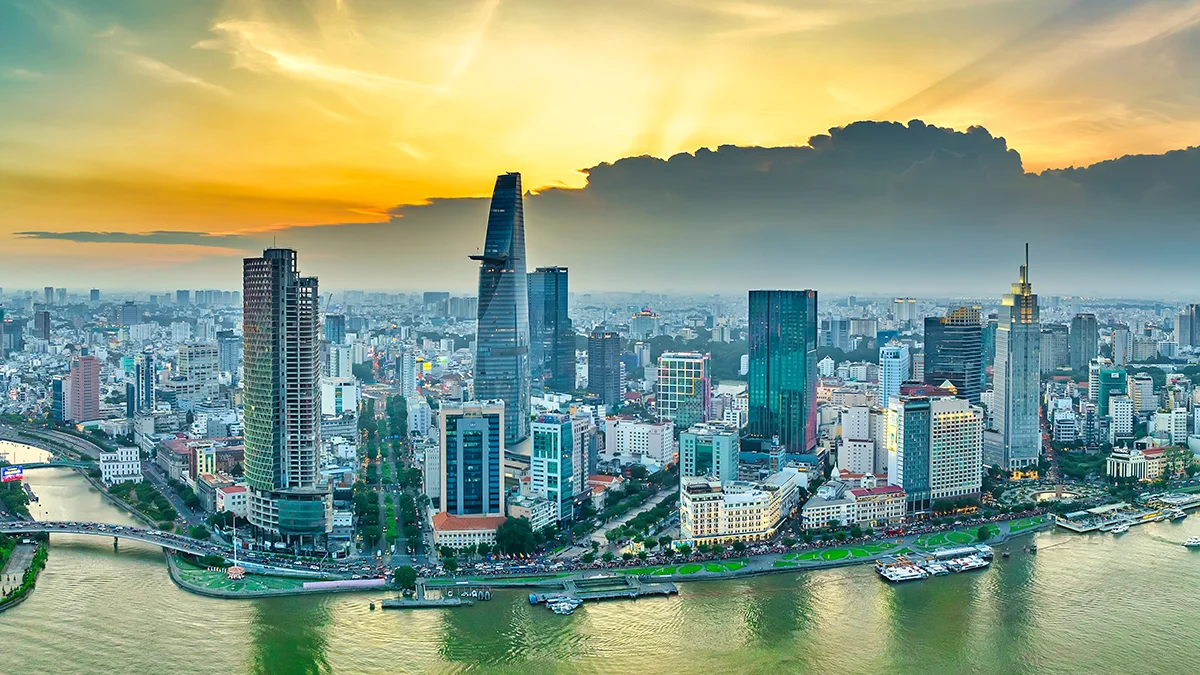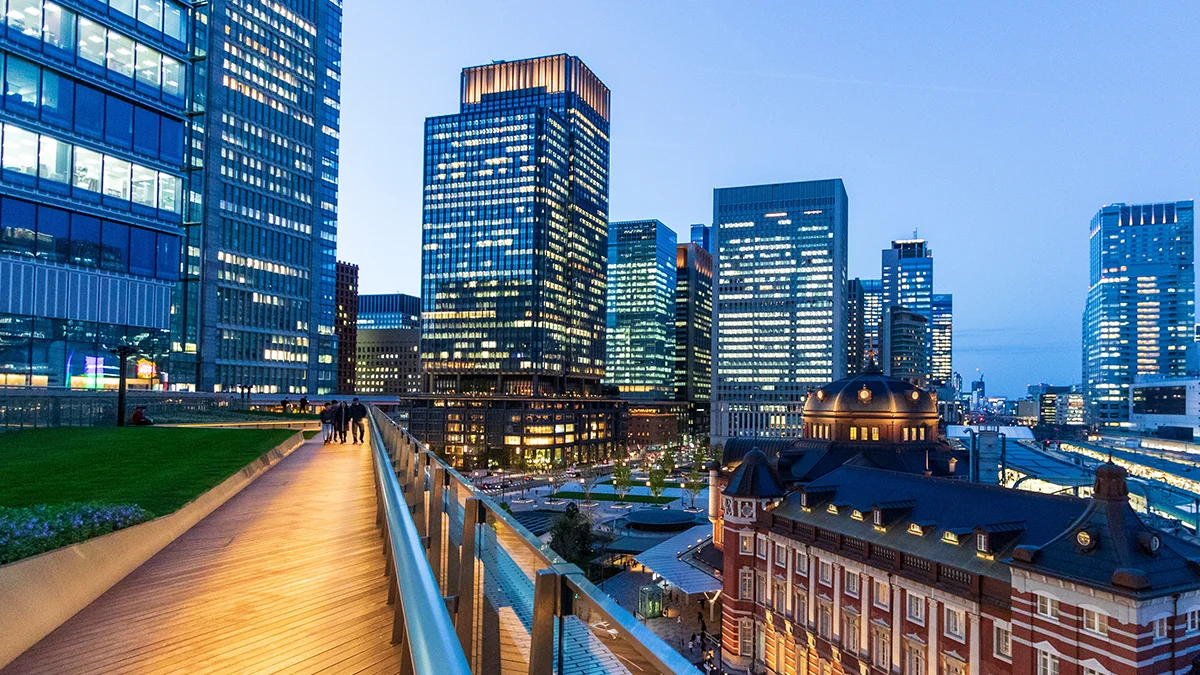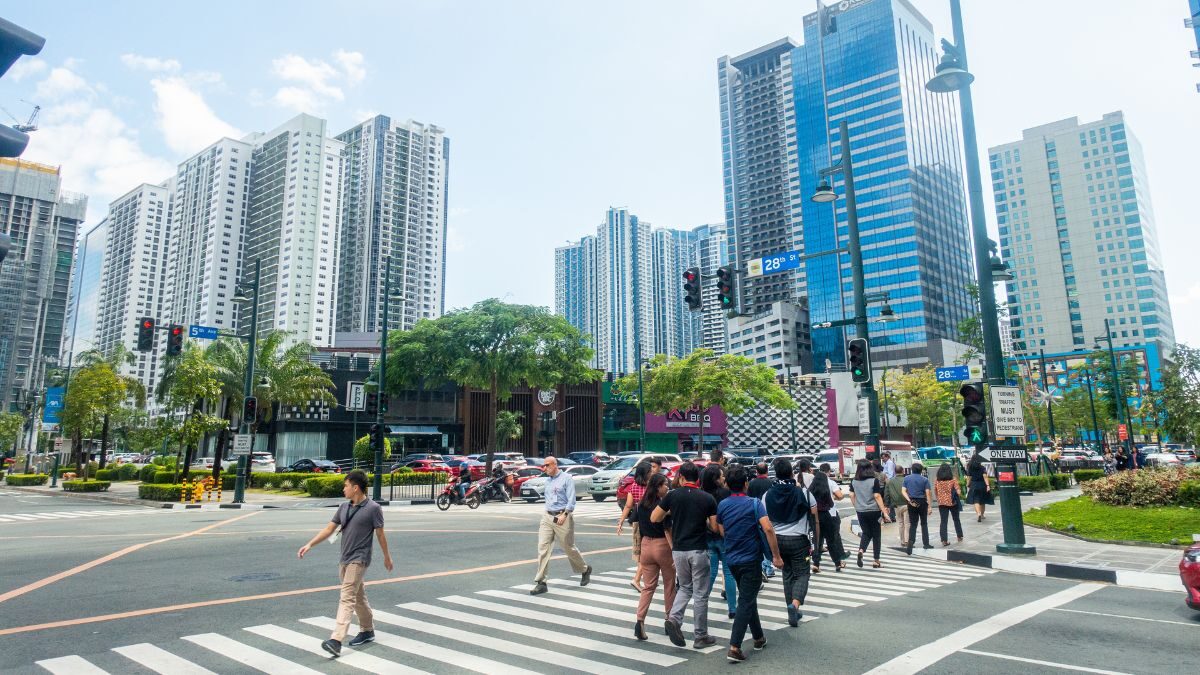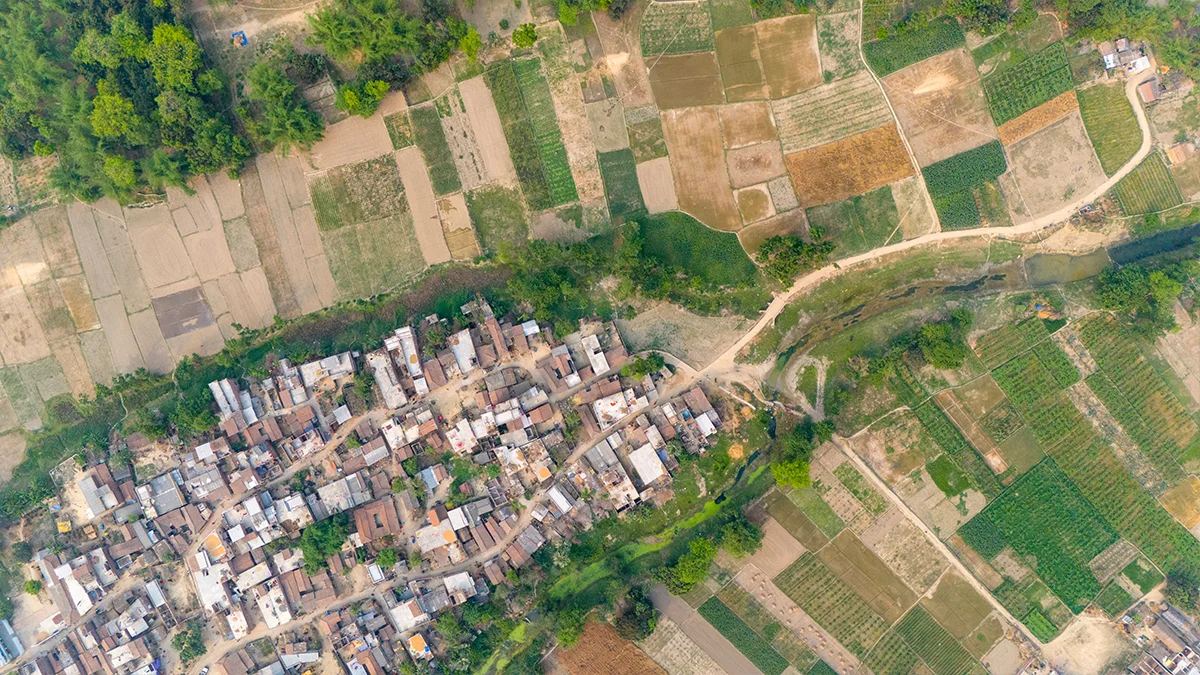(Re)in Summary
• Over the last 15 years the number of older people in the workplace has dramatically increased
Older workers are more at risk of injury, particularly slips and falls.
• The risk is of serious injury is greater among certain types of employees, such as construction works and those who drive vehicles.
• Covid-19 forced a lot of older workers to change jobs, assuming roles for which they might not have the skillset.
• Weak economic growth has suppressed demand for workers comp insurance, and kept claims relatively benign – for now.
The growing number of older people in work is creating a challenge for providers of workplace liability insurance in Asia. While this is not a new trend, it is gaining more attention as the older age bracket becomes increasingly condensed.
In Hong Kong, the number of people between 55 and 64 in work has increased from 50% to 58.9%, according to data from the International Labour Organisation. For over 65s, the increase is even more pronounced – more than doubling from 6.2% in 2011 to 13.4% over the same period.
Singapore has witnessed a similar trend, with 73.7% of people aged 55-64 now in work, compared to 64.5% in 2011. At the same time, the number of over 65s in work has risen from 20.3% to 32.5%.
“An ageing workforce can have a huge impact on workers’ comp claims costs,” says Ben Patrick, Asia Head of Employee Compensation for QBE. “The older a worker is, the longer they take to get back to work after an injury, or they might return to work while still injured and this creates further risk.”
The main APAC markets for workers compensation insurance are Hong Kong, Singapore and Australia. These are all countries that have a mandatory requirement for businesses to buy this cover for their employees.
Pressure on claims
There has been a great deal of research carried out in different markets about how older employees are more prone to injury in the workplace (especially slips and falls), and when they get injured they are often off work for longer, potentially demanding greater insurance pay-outs.

Ben Patrick
Asia Head of Employee Compensation at QBERecent government data from the UK, to take one example, shows that over 65s have by far the highest rate of fatal injury, at 1.50 per 100,000 workers. Fatalities in the 60-64 age bracket is also quite high, with a rate of 0.71 per 100,000 workers. By comparison, the 35-44 age bracket has a rate of 0.29 fatal injuries per 100,000 workers.
“It’s hard to capture precise data about the extent to which an ageing workforce is contributing to claims performance, especially where you may have a migratory workforce, which is the case in both Hong Kong and Singapore,” says Patrick. “Nonetheless, there is the definite sense that claims are being impacted by having an aging workforce.”
He adds that this is particularly pronounced among construction workers and taxi drivers. These are two sectors in which workers are becoming noticeably older, and in which the risk of injury can be comparatively high.
Patrick adds that many lower-skilled jobs in Hong Kong, such as cleaning, have attracted a large number of older workers over the past few years, largely due to Covid-19, which forced them out of their old jobs. Such a new contingent of older workers are particularly prone to accidents, since they may be unfamiliar with the risks and best practices of their new employment.
Legislation
The revision of existing legislation has also increased pressure on claims. In 2019, Singapore updated the Work Injury Compensation Act, streamlining the claims process and affording greater rights to temporary and migrant workers.
“Singapore’s Work Injury Compensation Act (WICA) is a comprehensive piece of legislation which provides coverage for employees of all ages across industries. It enables employees to make work injury claims in a cost-efficient manner without having to file a civil action and most work injury claims are therefore made under this Act,” says Celeste Ang, a lawyer for Baker & McKenzie who advises on employment compensation litigation in Singapore.
Ang added that she was “unable to comment definitively” on whether there are increasing numbers of work injury claims.
Singapore has also significantly raised the caps on pay-outs. For example, there has been a 19% increase in the amount that can be paid out in the event of permanent incapacity or death (from $269,000 to $346,000). These new limits will take effect from November next year.
A weak economy
Although an ageing workforce is placing more pressure on claims in key APAC markets, a slower-than-expected recovery from Covid-19 means that insurance losses have not been that high.
“During Covid-19 we saw a lot of business closing or down-sizing. This meant that both demand for workers compensation and claims volume was down,” said Patrick. “Prior to Covid-19, there were a lot of workers coming to Hong Kong. This reversed a bit when the pandemic hit and has not yet come back.”
Ben Patrick
Asia Head of Employee Compensation at QBESuch subdued growth has impacted the frequency of claims but not, according to Patrick, the severity of claims, which is now on the rise and being further buoyed by a rapidly-aging workforce.
“For whatever reason we’re not seeing the patterns that we used to before Covid-19. For personal injury claims, people may be off work for longer or they may not have the motivation to return to work. This feeds into the severity of claims that we are seeing,” says Patrick.















